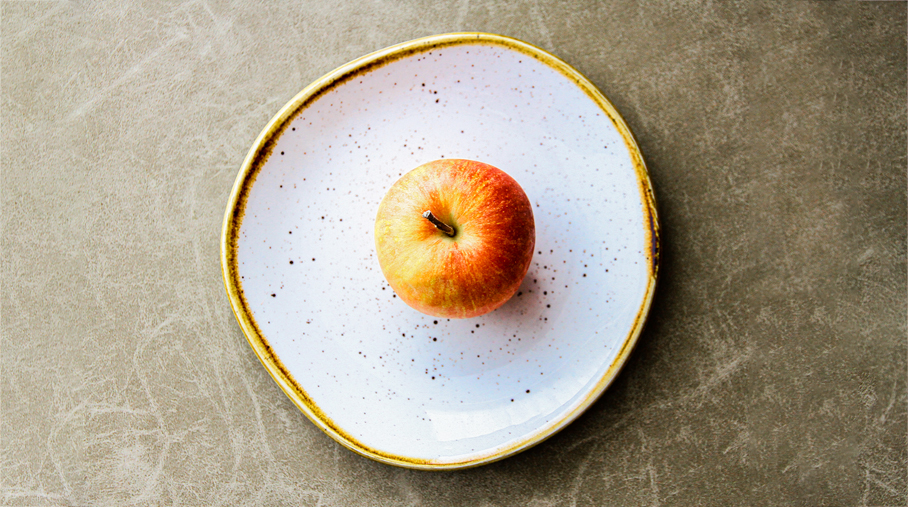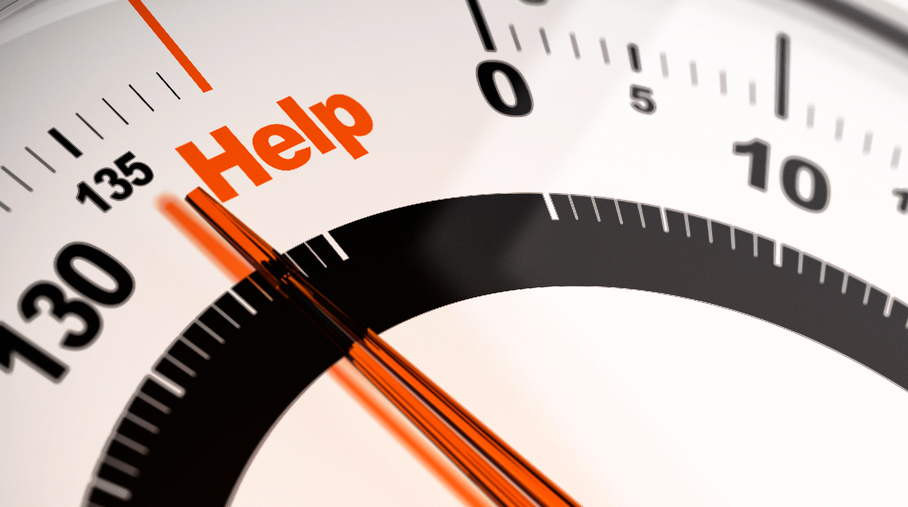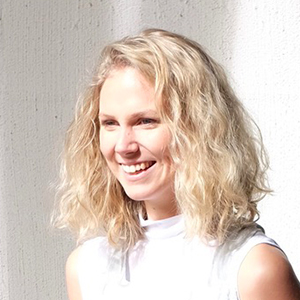It seems counterintuitive that dieting can make you gain rather than lose weight. The not so simple act of cutting down food to reduce your waistline has been relentlessly advocated for health, and seemingly the cure of all daily life’s troubles – down to career success, happiness and love. Do you ever wonder what life would be like if you were just a couple of inches thinner?
Our obsession with slimness, and phrases like ‘the war on obesity’ have become mainstays of our contemporary dialogue. Fat shaming from our peers and the media imbues our weight with unwarranted moral values. Large equals bad. Slim equals good. We want weight loss results, and we want them fast. But what if I told you that the hot new weight-shredding diet from the latest air-brushed and glowing goddess or six-pack poster boy could be doing your health more harm than good?

80% of dieters who lose over 10% of their body weight regain it within a year
Over 2.3 million Australians have been on a diet. Low-calorie, low-carb, ketogenic, 5:2 – it’s hard to keep up with them all. We can be excused for feeling a little perplexed about what nutritious and balanced food is when we’re constantly bombarded with contradictory information.
As someone who’s studied nutrition science for five years, I can tell you there really is no ultimate magical formula for weight loss, sorry. I hate to break it to you, but nutrition isn’t that sexy! A healthy, balanced diet is more like the good old-fashioned sensible advice you’d hear from your nana. Eat your vegetables, dear. Move more, and FYI if you want a slice of cake – make sure to enjoy every damn mouthful without the guilt, thank you very much. If you are feeling muddled, you can always seek out some qualified advice from a registered nutritionist or dietitian. It’s like going to the dentist for a check-up (but way nicer).
If we’re eating less, why are we regaining the weight we struggle so hard to lose?
Around 50% of dieters are considered to be weight cyclers, and it’s this repeat dieting with consistent loss and regain of weight over time that can lead to an overall weight gain. The act of losing weight reduces both fat and lean body tissue, producing metabolic shifts that cause the body to favour fat storage as a buffer against future periods of starvation.
This metabolic adaptation to weight loss is an evolutionary tool that served our ancestors well through variable times of feast and famine, but not so convenient in our modern eating environment. For the body to regain the lean tissue lost by dieting, body fat needs to increase as well, and more than before. Loss of this lean tissue mass also triggers an increase in hunger and appetite, biological forces to make you crave food. Couple that with a decrease in thermogenesis, our body’s use of energy to maintain your internal body temperature. Our bodies are pretty smart, and there’s not much we can do about it.
“Choose nourishment, remove the focus from the scales and set yourself achievable health and wellness targets instead.”
Skinny dieters beware
Lean yo-yo dieters are at higher risk of ‘overshooting’ their original weight than larger dieters as they have a higher initial percentage of lean body mass which can be lost more easily. Repetitive weight cycling, especially in lean individuals, is also strongly associated with disease risks including type 2 diabetes, hypertension and heart disease.

What is a healthy weight?
A healthy weight is your natural settled weight where you feel good about yourself. Where you’re nourishing and moving your body in a way that makes sense to you at this stage of your life. There is no magical formula for weight loss. The most successful diet is one that you can stick to, one that becomes a lifestyle change – so ultimately not even a diet, just some new or altered habits that make you feel good.
Crowd out the bad with the good
What’s more important? Being a few pounds lighter or being able to run around with your kids? Choose nourishment, remove the focus from the scales and set yourself achievable health and wellness targets instead. Start small, set yourself up for success. Perhaps reach for a new personal best when running, take the dog for a walk twice a week, or maybe aim to have an extra serve of vegetables with your dinner each night. Be gentle with yourself! And don’t forget a reward when you reach your goals, and ones that aren’t related to food – maybe schedule some you-time to read a book in the backyard, treat yourself to a new potted plant, or take a trip to the beach.

Body kindness
Even if these health behaviours don’t lead to weight loss, if they make you happier and healthier, they’re worth it. Take the focus off weight and onto joy and energy. Be you! Gorgeous wonderful you. And stick it to anyone who tells you any different.






